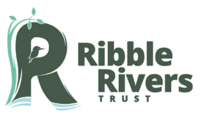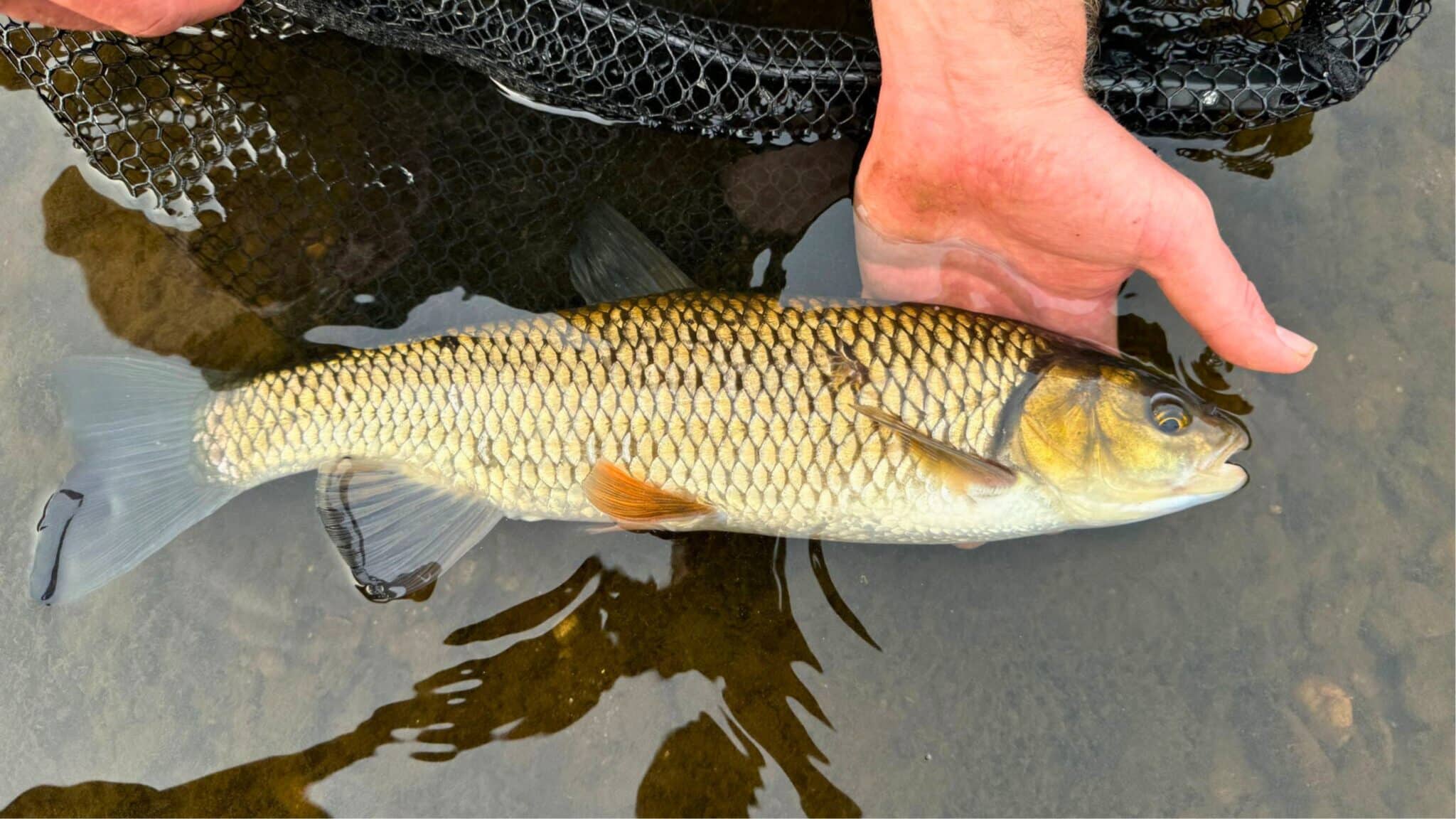
Get hooked on fishing this summer holidays!
Now that the summer holidays are upon us, there’s no better time to get out of the house and take the kids fishing- who knows, you might get hooked!
Why go fishing?
First off, fishing is fun. There is nothing better than heading off to the river on a sunny day with fishing rod, a packed lunch, and a healthy dose of optimism!
Fishing is also a great educational activity. It’s a chance to ground yourself in nature, learn about the amazing environment we live in, and acquaint yourself with the all the cool creatures that we share the countryside with.
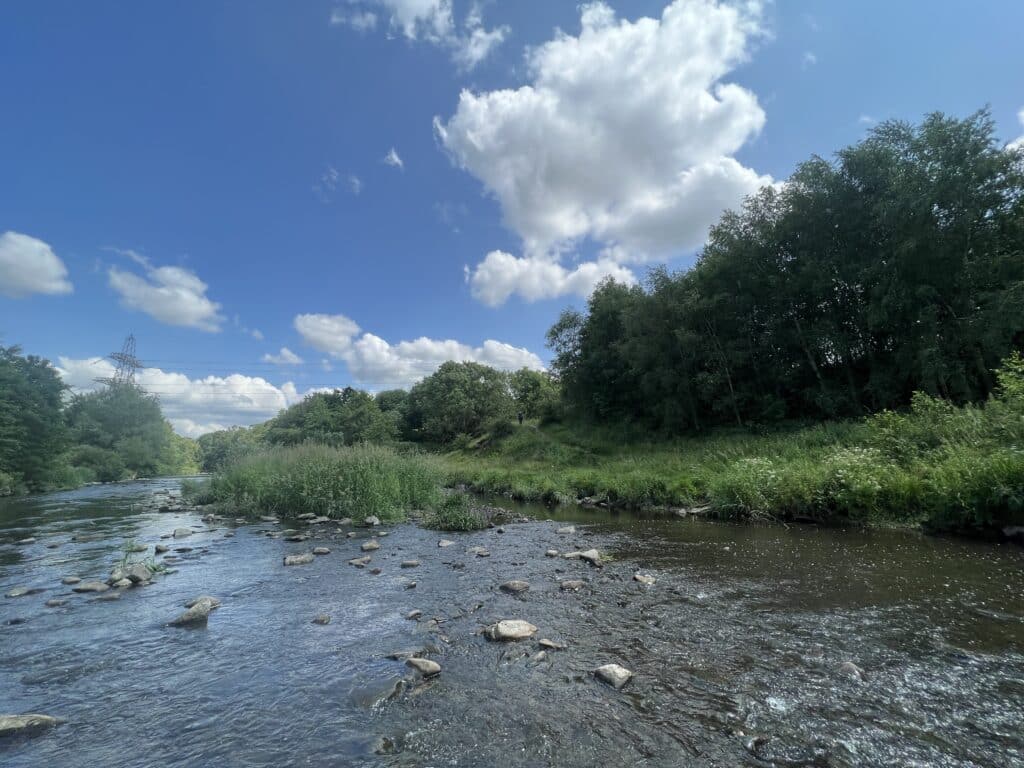
It might seem like a bit of a cliché, but fishing isn’t always about catching fish. One of the most significant benefits of river fishing is its positive impact on mental and physical health. Going outdoors and surrounding yourself with nature reduces stress and anxiety, boosts mood, and improves mental wellbeing. River fishing is an excellent way to spend time in nature and disconnect from the hustle and bustle of modern life, and the call of the smartphone or television screen. Plus, it’s a low-impact activity that can help improve fitness levels, particularly if you walk along the riverbank to find the perfect spot.
Aside from the health benefits, river fishing is an exciting and engaging hobby. Whether you’re just starting out or you’re a seasoned angler, there’s always something new to learn. From different techniques and gear to different species of fish. You can spend hours honing your skills and learning more about the natural world.
Is there an environmental benefit?
River fishing in the UK is also a great way to support wildlife conservation efforts. The money raised from UK rod licenses goes straight back into improving rivers for wildlife and people. By purchasing a rod license, you’re supporting the conservation and restoration of rivers, which is essential for maintaining a healthy ecosystem and preserving biodiversity.
Additionally, if you’re more connected with rivers, you’re more likely to look after them. Anglers make up a significant percentage of our volunteers and citizen scientists, because they treasure the rivers they visit and want to see fish, and other wildlife, thrive.
What do I need to go fishing, and where can I go?
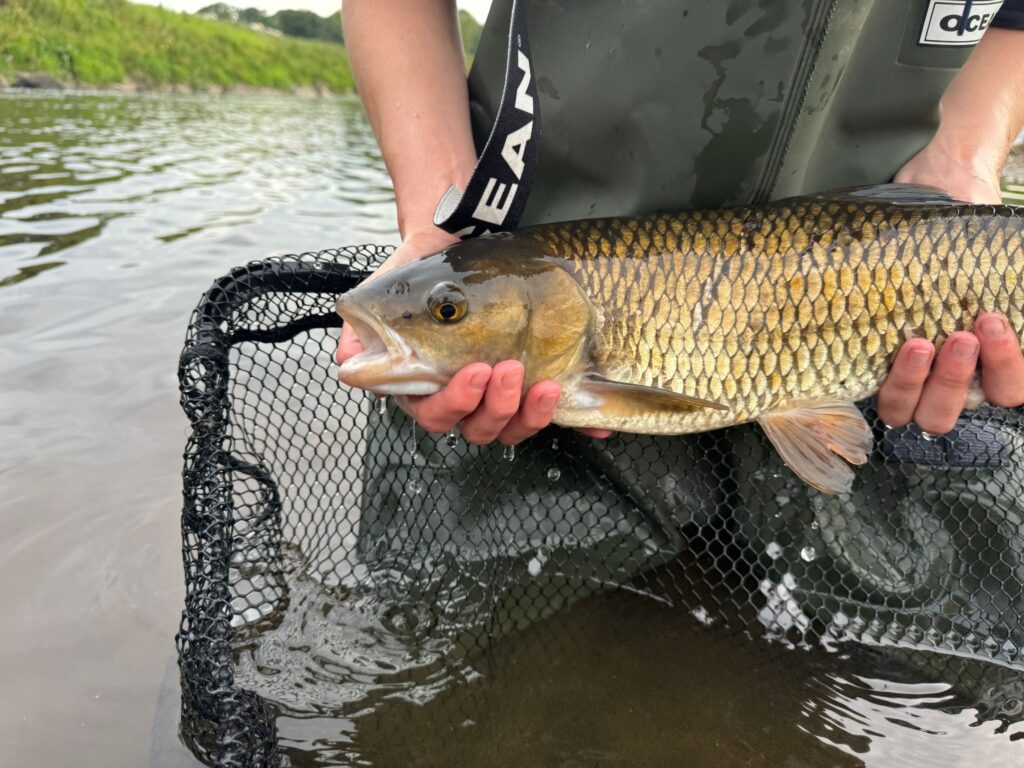
The good news is that this is a hobby that can cost as little, or as much, as you want it too. A kit containing a telescopic fishing pole, pole rigs, disgorger, and line costs as little as £20 online. The big benefit here is that you’ll be able to share your kit with other family and friends, without worrying about losing or breaking expensive kit!
To get started you’ll need;
- Fishing rod- we recommend a telescopic pole for beginners
- Rigs- you can buy these premade complete with float, line, hooks, and weights
- Bait- check the rules at your venue, anything from shop bought bait through to bits of bread will work
- Disgorger- this helps you remove fish hooks quickly and safely
- Net- to minimise touching fish. Choose an angling net, as they’re softer than the nets you get at the seaside
- Hand sanitiser- to keep you nice and clean and reduce exposure to waterborne bugs
- Wellies- this needs no explanation
- A spare change of clothes- this also needs no explanation, it won’t take long to get wet!
- A packed lunch- you need to keep yourself fuelled on your adventures!
Depending on where you go, you’ll also need a permit to fish. Ribble Rivers Trust have numerous beats under our Angling Passport scheme, including the ever-popular Mitton beat which you can fish for as little as £5 per person per day. Non anglers don’t need a ticket on our beat if they’re just there to supervise young ones!
If you’d prefer to fish in a lake or pond then a quick Google search will show up a multitude of sites, and you can often pay by the hour. Look out for events too, many venues offer activities in summer holidays which aim to get young people fishing.
You’ll also need a rod license before you start fishing. These are managed by the Environment Agency, and all the money raised goes straight back into rivers. In fact, the Ribble Rivers Trust often benefit from small grants funded by rod licences.
What will I catch?
If you’re fishing in a river, you might find a variety of species including trout, grayling, chub, roach, barbel, pike, and dace. However, if you’re heading to a lake, you might catch something a little more exotic. Fishing lakes are stocked by the owners, who buy the fish in. So typically, you might be fishing for river species, with the addition of fish like rainbow trout and carp.
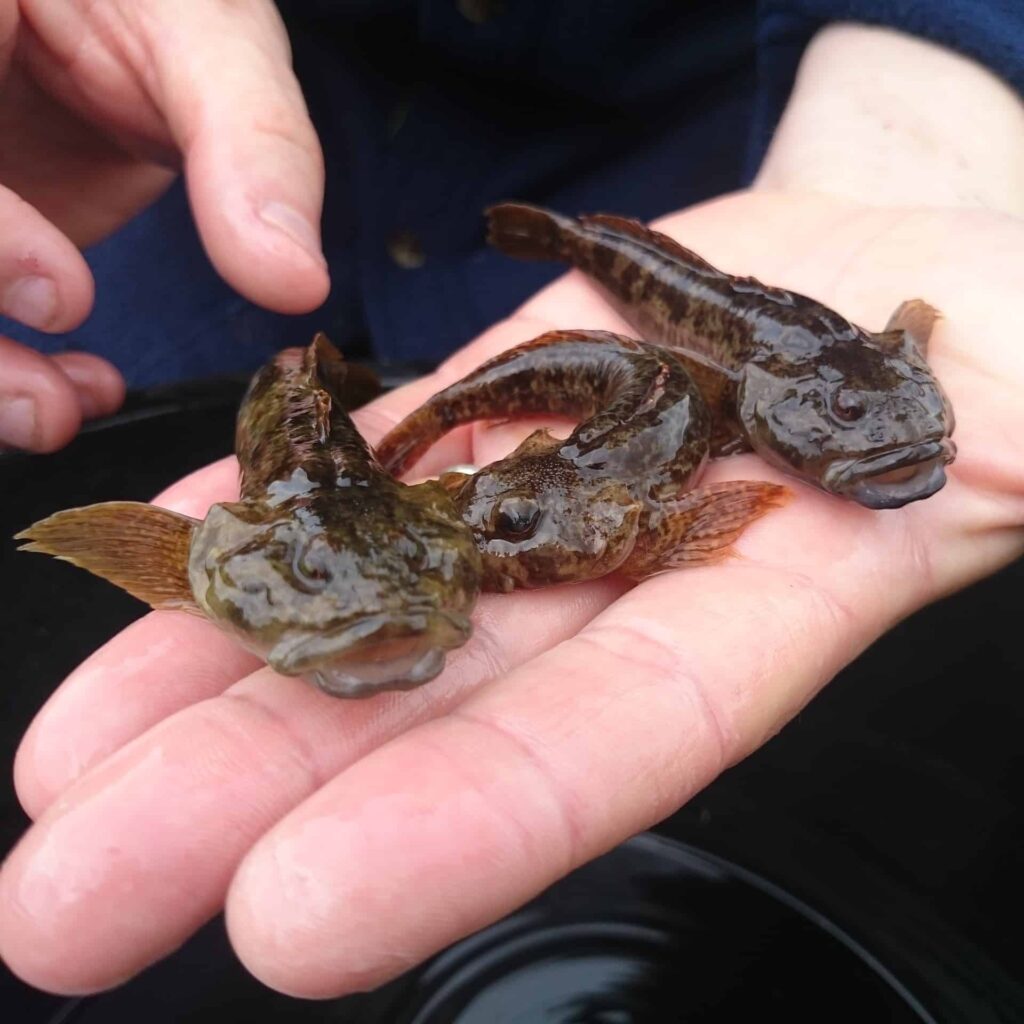
No matter where you fish, we always recommend you use barbless hooks and catch and release, rather than killing your fish to take home. It’s really easy. All you need to do is grab your fish (hold it firmly with wet hands, but do not squeeze the fish), use your disgorger to remove the hook, and slowly lower the fish back into the water, holding it gently until it swims away from you. Try to do this within 60 seconds, and whilst avoiding touching the areas immediately around the eyes and gills. This way, they’re free to swim another day!
More handy information
There are a few things you need to know before you start fishing. Firstly, it’s important to know that there are national and regional byelaws. These are statutory rules and regulations that who can fish, when and where you can fish, and what fish you can take. It might seem time consuming, but it’s really important that you know these rules. After all, they’re there to keep you safe and to look after our fish populations. Usually, this information will be made available when you purchase your tickets.

Next up, always check river levels and the weather forecast before you plan a fishing trip, even in the summer holidays, the Met Office and Gauge Map provide helpful information. Ideally, you should also tell someone else where you are going and when you expect to be home. Keep them updated throughout the day so they know you are safe. You can also check out the RNLI’s advice on lifejackets and buoyancy aids. It’s not a necessity, but it’s certainly something that could keep you safe, or even save your life.
Make sure you take every bit of litter with you, including line, weights, and hooks. Sadly, we’ve had increasing reports of pets being injured by hooks, and we see countless animals tangled in fishing line that has been discarded. Remember, it could be your pet, or even your child, that that gets injured by discarded fishing gear.
Finally, the Angling Trust is a great resource. They’re another non-profit, just like us, and they have some great information on equipment, fish welfare, health and safety, and basic skills. The Angling Trust’s Fishing Info map is also brilliant for finding venues close to you.
